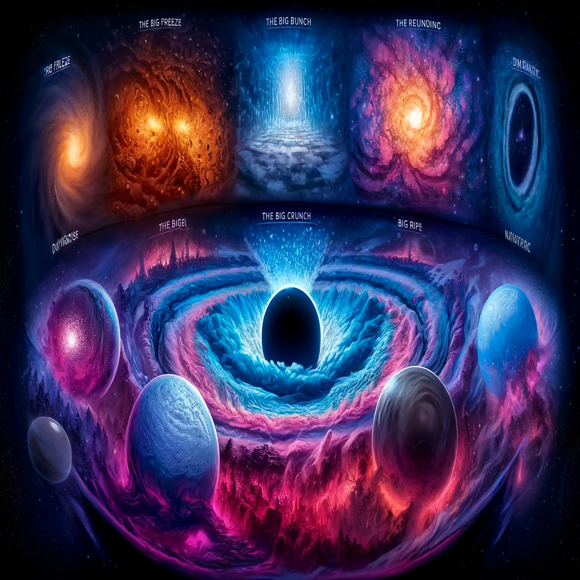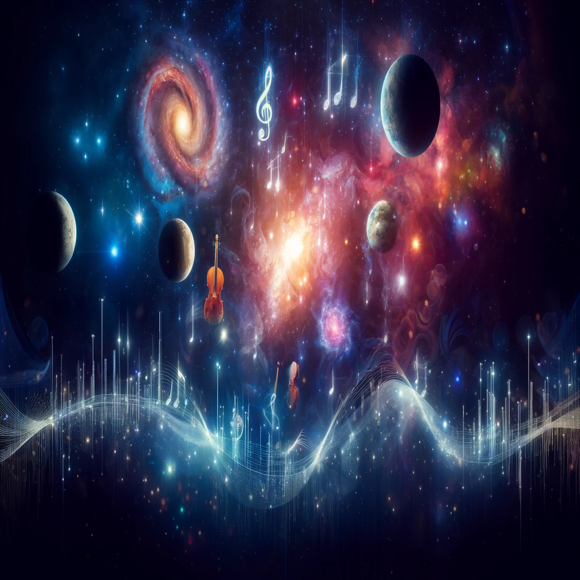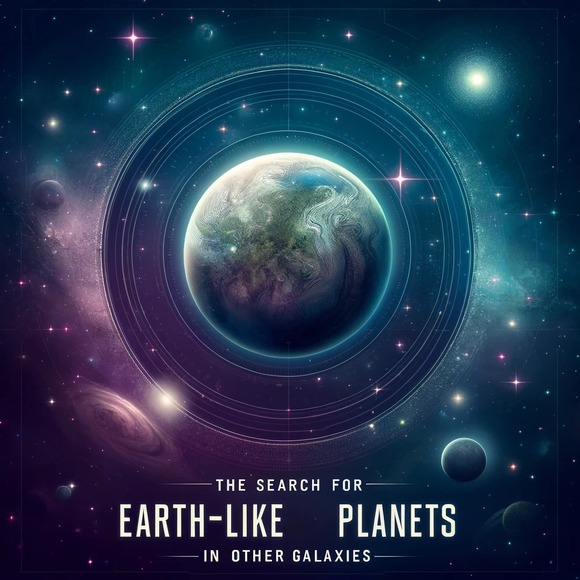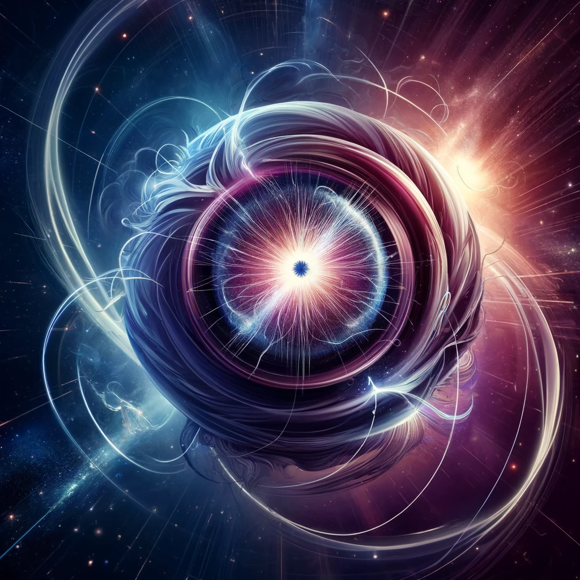The Great Debate: The Fate of the Universe
The universe is a vast, enigmatic expanse, full of wonders that have captivated humanity for centuries. Among the myriad questions it poses, one of the most profound and contentious is: what is the ultimate fate of the universe? This question has sparked intense debate among astronomers, physicists, and cosmologists, leading to various theories that try to explain how our universe might end, or if it will end at all.
Expanding Horizons: The Big Freeze
One of the most widely accepted theories is the Big Freeze, also known as the Heat Death of the universe. This theory hinges on the observation that the universe is expanding at an accelerating rate, driven by a mysterious force known as dark energy. As galaxies continue to drift apart, the universe will grow colder and darker. Stars will burn out, black holes will evaporate, and eventually, all matter will decay into subatomic particles. In this scenario, the universe becomes a cold, lifeless void, approaching absolute zero temperature where no thermodynamic work can occur. The Big Freeze suggests a bleak, yet gradual decline into an eternally frozen state.
Crunch Time: The Big Crunch
In stark contrast to the Big Freeze is the Big Crunch theory. This concept proposes that the expansion of the universe might one day reverse, leading to a collapse. If the density of the universe is high enough, gravitational forces could overcome the expansion driven by dark energy, pulling galaxies back together. Over billions of years, the universe would shrink, growing hotter and denser until it collapses into a singularity—a point of infinite density and temperature, much like the state from which the universe is thought to have originated during the Big Bang. The Big Crunch presents a cyclical view of the universe’s fate, implying a potential rebirth from its ashes.
Rebounding Reality: The Big Bounce
Building on the idea of a cyclic universe, the Big Bounce theory offers another intriguing possibility. According to this theory, the universe undergoes endless cycles of expansion and contraction. After a Big Crunch, a new Big Bang would occur, giving birth to a new universe. This cycle of creation and destruction could potentially continue indefinitely. The Big Bounce suggests that our universe is just one phase in an eternal sequence, with no definitive beginning or end, challenging the traditional linear view of cosmological time.
Tearing It Apart: The Big Rip
A more dramatic and somewhat unsettling scenario is the Big Rip. This theory posits that dark energy’s repulsive force might grow stronger over time, eventually overcoming all other forces, including gravity. As a result, galaxies, stars, planets, and even atomic structures would be torn apart. The universe would disintegrate into isolated particles, with the process culminating in a catastrophic disintegration of all matter. The Big Rip predicts a universe that not only ends but does so in a violent and abrupt manner, fundamentally altering the very fabric of reality.
Beyond Our Understanding: The Role of Dark Energy and Dark Matter
Central to these theories is the enigmatic nature of dark energy and dark matter, which together constitute about 95% of the universe’s total mass-energy content. Dark energy is hypothesized to drive the accelerated expansion of the universe, while dark matter exerts gravitational forces that influence the structure and evolution of galaxies. Despite their significant roles, both remain poorly understood, leaving much to speculation and ongoing research. The ultimate fate of the universe may hinge on future discoveries about these mysterious components.
A Philosophical Conundrum
The debate over the universe’s fate transcends scientific inquiry, touching on profound philosophical and existential questions. What is the nature of time? Is there a purpose or meaning to the universe’s existence? Does the end of the universe imply an end to consciousness and life? These questions remind us that our understanding of the cosmos is deeply intertwined with our search for meaning and our place within it.
Conclusion: The Endless Quest for Knowledge
As our telescopes peer deeper into the cosmos and our theories evolve, the quest to understand the universe’s fate continues to inspire and challenge us. Whether the universe ends in a freeze, a crunch, a bounce, or a rip, the journey of discovery is as important as the destination. In exploring these grand cosmic questions, we not only seek to uncover the secrets of the universe but also to better understand ourselves and our place in the vast, ever-expanding tapestry of existence.





